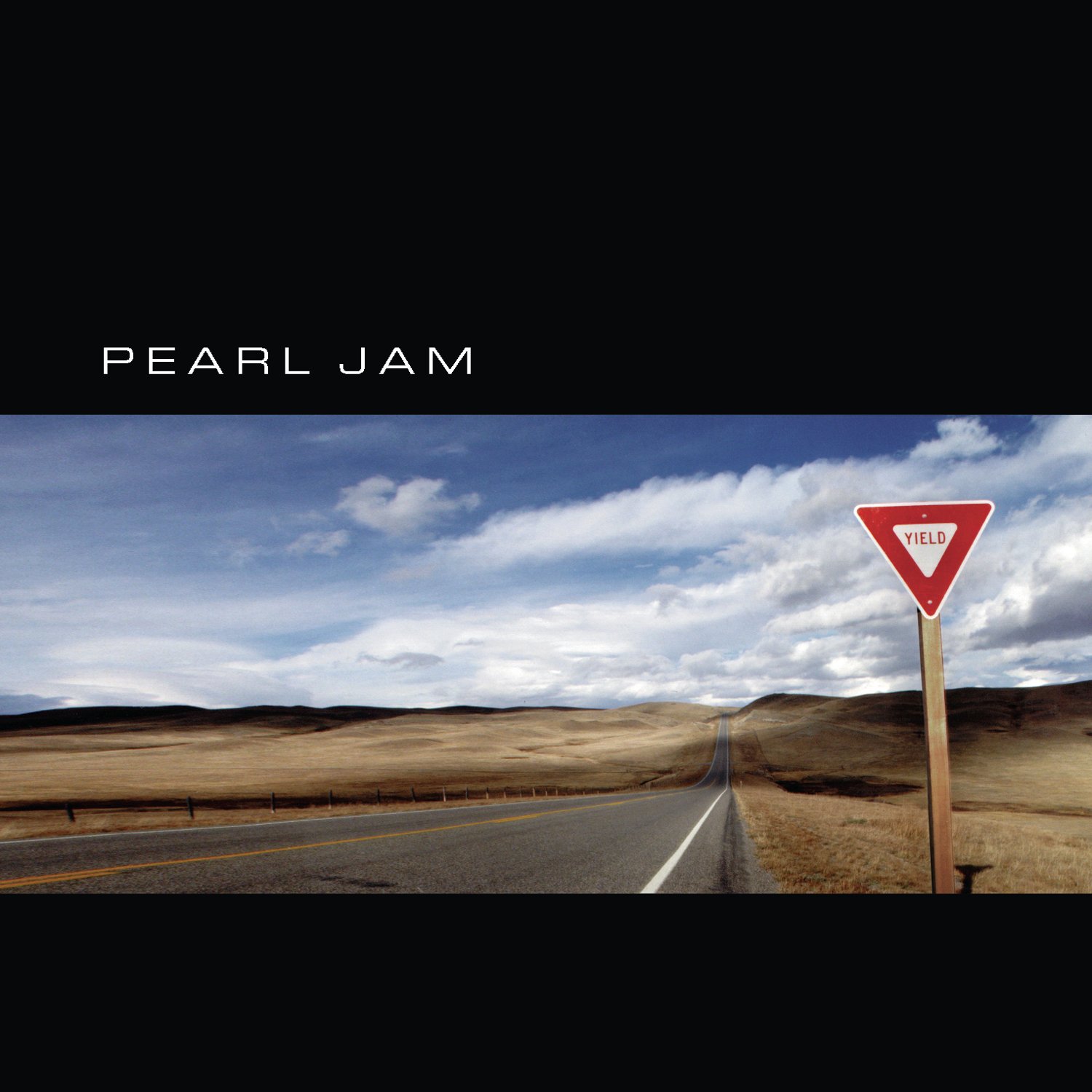This article originally appeared in the March 1998 issue of SPIN.
Angels are God’s appointed batters. They are represented in Judaism, Christianity and Islam, among many other religions; they pop up pretty much anywhere people pull out a punch bowl and a turntable. Messengers of the supreme beings, guardians of the gate, the angels are the ones who feel the full weight of responsibility. “Just call me an angel,” Eddie Vedder seems to moan over the crossfade of a new song from Pearl Jam’s fifth album. And he has a lot of company. angels are everywhere Yield: “Given to Fly” is about a seraph who breaks free; there are references to angels in the dirt; and “Do the Evolution” even features a choir singing hallelujahs.
Angels have become the edgy way Vedder talks about himself these days – he’s a messenger for the masses, but someone desperately needs a good word himself. On the one hand, he has his responsibilities as “keeper of the flame”. On the other, he shouts “I’m not trying to make a difference” like a man who really wants out. It dances on a pinhead between these polarities, yet on Yield he never seemed more at ease, struggling with contradictions.
Last year no codes, Vedder turned off the lights, taped his mouth shut, and hid in plain sight. He was one of the most famous people in pop culture to stage an interior monologue for public consumption; it sold out quickly. The revelation of Yield begins with Vedder’s effort to communicate again. The album continues to unfold like an accelerated loop of a blooming garden. no codes had its oriental trance flourishes, but on Yield, Vedder’s 1995 duet with Sufi mystic Nusrat Fateh Ali Khan really takes root. The late Pakistani singer erected tall vanished edifices that seemed to sweep away all sound and transport you to a base of tranquility that lay flat on the skyline. Khan’s music took you to a spiritual savannah, and that’s really where Vedder wants to go. He sings about a God who’s used to our noise – while everywhere Pearl Jam rock louder than they’ve had since 1993 vs.. For him, enlightenment must come “like a fist in the jaw”. The jangly ballad “Wishlist” frames Vedder’s intent – he prays one moment to connect with other people, the next to flee to the other side of the sun. Either way, the reveal won’t be televised by Spike Jonze; it won’t come as a fucking Ticketmastered rock festival. Transcendence and Oblivion are fraternal twins of Vedder. He’s looking for a guardian angel to take him to another place, because if you want to see stars, let’s see stars.
“I wish I was a neutron bomb / For once I could leave,” Vedder shivers on “Wishlist,” and you can feel he’s been the difference between fantasizing about leaving and actually living it. “In Hiding” describes the hallucinations of an inmate – these can be celestial visions or a spirit slipping through floorboards. Evenly, the words are cracked and vague. Halfway through the album, when a helium voice chirps “We’re all crazy and deformed,” it doesn’t tell us something we don’t already know. But there’s nothing vague about the way Vedder sings, or the way the band’s acoustic and electric guitars play against each other, or the way Jack Irons hits the tunnels with his drums. In the past, the writing and arrangements of Pearl Jam could be rather mundane, but everything about Yieldevery bit of sound – from bassoons to feedback screams to acoustic scratches – means something.
“I’m like an opening band for the sun,” Vedder sings on “Push Me, Pull Me.” It’s a comedic way of referring to the Celestial Heralds, and you can hear some seriousness in it, but it’s also a thoughtful way to address where Vedder currently finds himself. He sees the sea of Bics, and he knows that’s what he worked for: a reflection of his own light. But he still wants a light that shine on him, and whether it’s a flash of transcendence or a big bang, he doesn’t predict. Everything you know about Yield is the imminence of the impact.
If you read Commodify your dissentthe recent collection of consumer-bait fanzine essays The disconcerting, you’ll be told in a dozen different ways why Pearl Jam is an antichrist of corporate rock, siphoning off the texture of punk rock and marketing it to the masses. But in 1998, “Spot the Sellout” seems like a more geeky board game than “Pull My Finger.” And if the straitjacket didn’t suit Pearl Jam in the grunge era, it’s patently absurd now. Such bashings fail to acknowledge a band that was never in place, that always struggled with its responsibilities, only to land smack in the middle of an era where bands brag about not having one. Half touchstone, half pariah, Pearl Jam has tried his hand at arty gestures; they ostensibly refused to rock; and now they return with an album full of gracefully ambivalent anthems. All goods should be equally unstable and have that much blood flowing through them.

